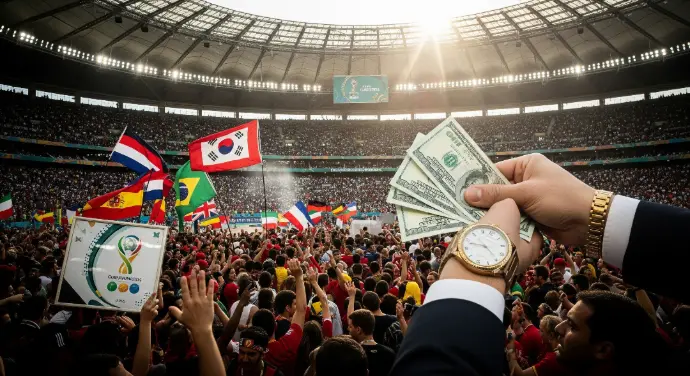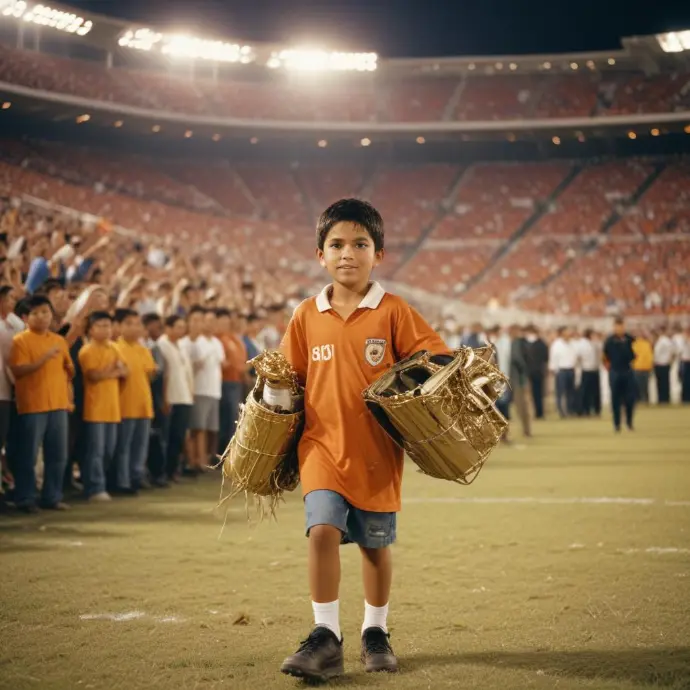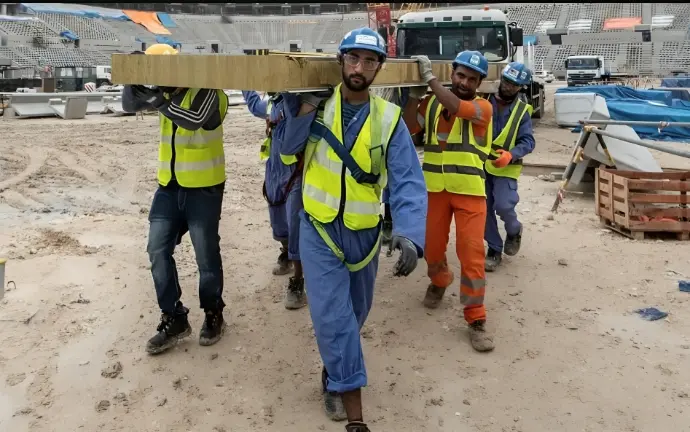Human Rights and Sport
Sport is founded on the same values that underpin human rights. It is an activity that promotes justice, non-discrimination, respect, and equal opportunities for all.
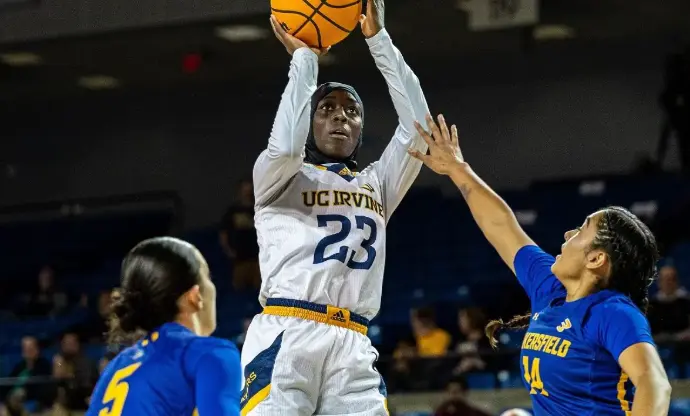
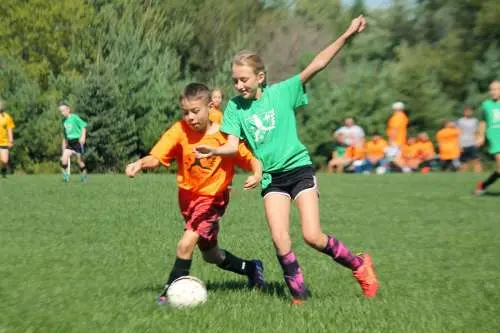


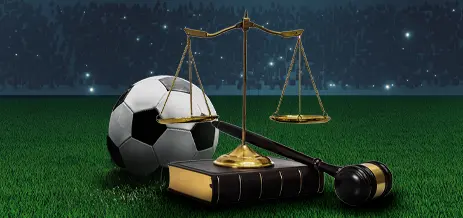
The connection between human rights and sport is profound and significant. Sport is not only a recreational or competitive activity, but also a powerful tool for promoting essential values such as equality, respect, inclusion, and justice. Here are some key points on how they intertwine:
- Inclusion and Equal Access: Human rights guarantee that all people, regardless of gender, race, ethnic origin, or ability, can participate in sporting activities on an equal basis.
- Combating Discrimination: In sport, as in society, combating discrimination is fundamental. International organizations such as FIFA and the International Olympic Committee have committed to eradicating discrimination in all its forms within sports competitions.
- Empowering Vulnerable Groups: Sport can be a tool for empowering women, children, and people with disabilities, helping them develop confidence and skills.
- Conflict Resolution: Many organizations use sport as a means to promote peace and conflict resolution in areas affected by war or violence.
- Athletes' Labor Rights: Athletes, as workers, have labor rights that must be respected, including fair working conditions, decent wages, and protection from abuse.
The main human rights in sports include:
- Right to equality and non-discrimination: Guarantees that all people can participate in sports activities, regardless of their ethnic origin, gender, religion, physical ability, or disability.
- Right to health: Sport promotes physical activity, which is essential for physical and mental well-being. In addition, athletes have the right to receive adequate medical care.
- Children's rights: Children have the right to participate in safe sports activities that promote their personal development, free from any exploitation or abuse.
- Right to decent work: Athletes, coaches, and other related professionals have the right to fair working conditions, adequate wages, and protection from abuse.
- Right to freedom of expression: Athletes have the right to express opinions, including using sport as a platform to address social and political issues.
- Right to access: Everyone should be able to participate in sports, including those with disabilities or those from disadvantaged communities.
- Right to safety: Ensures that sports competitions and training are held in safe environments, protected from violence or physical risk.
Sport serves as a powerful vehicle to promote these rights and raise awareness of their importance. Sport is founded on the same values that underpin human rights. It is an activity that promotes justice, non-discrimination, respect, and equal opportunities for all. Because sport reaches millions of people, especially young people, it is a vehicle for social change through empowerment and inclusion.
In recognition of its potential value, the 2030 Agenda for Sustainable Development has designated sport as an essential element of peace and development. However, sport also faces multiple challenges. Available data and research point to repeated cases of racism, exclusion, and aggravated discrimination in sports practice around the world.
Girls and women, who are often deprived of the right to participate in public affairs in general, face significant gaps in sports, from reduced salaries and sponsorship opportunities to difficulties in obtaining a venue for competitions or accessing ticket and locker rooms, or sexual abuse against young athletes.
Racism and prejudice are not new scourges in sport and affect all sports, so they must be vigorously addressed at the institutional level.
States have the primary responsibility to counter racism and discrimination. Authorities must strengthen national legal frameworks and adopt preventive, educational, and awareness-raising measures to change behaviors and mindsets, and ultimately eradicate racism and discrimination.
Although prevention is essential, those who commit racist acts or other violent incidents, wherever they occur, should be brought to justice.
Sports associations, clubs, and regulatory bodies also have a special role to play in protecting human rights.
They must ensure that the message of zero tolerance towards racism and xenophobia is clearly disseminated.
They must develop frameworks and action plans to combat racism and discrimination, sexual abuse, and sexual exploitation, with the participation of those directly affected—athletes, communities, workers, volunteers, officials, journalists, and fans.
They must also practice inclusion and ensure that all athletes, in their full diversity, can participate in competitions.
The social and physical functions of sport are especially important today, in a global context marked by discrimination, insecurity, and violence. We believe in the transformative power of sport and are fully committed to collaborating in the task of harnessing that power to promote and protect human rights for all, everywhere in the world.
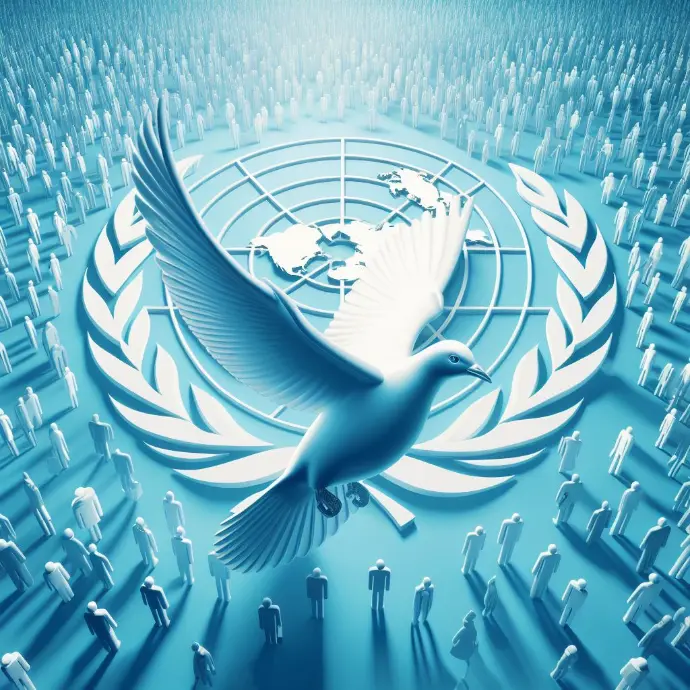
The Universal Declaration of Human Rights and Sport
The Universal Declaration of Human Rights (UDHR) establishes fundamental principles that also apply to sports, promoting an environment where sport can be a force for good. Although it does not specifically mention sport, several of its articles are directly related to values and rights in sport. Here are some key points:
Article 1: Equality and Dignity Affirms that all human beings are born free and equal in dignity and rights. In sport, this translates into equal opportunities and respect for the dignity of all participants.
Article 2: Non-Discrimination Guarantees that rights are available to all, without distinction. In sport, this means combating all forms of racism, sexism, or exclusion.
Article 3: Right to Safety Establishes the right to safety, which is reflected in sports environments free from violence and risks for athletes and spectators.
Article 24: Right to Leisure addresses the right to rest and leisure, which includes access to sport and recreation as essential activities for human well-being.
Article 23: Right to Decent Work applies to the labor rights of athletes, coaches, and all those working in sports, promoting fair conditions.
Article 25: Right to Health Promotes physical and mental well-being, closely linked to sport as a tool for maintaining a healthy lifestyle.
Article 27: Right to Participate in Cultural Life Guarantees that people can enjoy and participate in sporting events as part of culture, without discrimination.
The UDHR serves as a moral and legal framework that guides sport toward inclusion, equality, and respect for the rights of all people. If you wish, I can elaborate on how these provisions have been implemented in specific cases or sports policies.
Article 2 of the Universal Declaration of Human Rights, which establishes that everyone is entitled to the rights and freedoms proclaimed in the Declaration without distinction of race, color, sex, language, religion, political opinion, national origin, economic position, birth, or other status, finds multiple applications in the field of sports. Here are some key examples:
Fighting racism: In many disciplines, especially football, campaigns and policies have been implemented to eradicate acts of racism on and off the field of play. Organizations such as FIFA and UEFA have promoted initiatives such as "Say No to Racism."
Gender equity: In sports historically dominated by men, equal opportunities for women are being promoted, including fair pay and prize money, as in women's football, and the participation of women in sporting leadership roles.
Inclusion of people with disabilities: Efforts are being made to ensure that sports are accessible to all, as seen in inclusive events such as the Paralympic Games, which provide a platform for athletes with disabilities.
Recognition of transgender and intersex athletes: In recent years, sports federations have begun to address the inclusion of transgender and intersex people, guaranteeing their right to compete without discrimination, although this issue still faces challenges and debates.
Cultural and religious diversity: Some federations allow modifications to sports uniforms to respect religious practices, such as the use of the hijab by Muslim athletes.
Sport has a direct impact on society, and respect for Article 2 ensures that it remains an inclusive and respectful space for all people.

 IHRO NEWS
IHRO NEWS